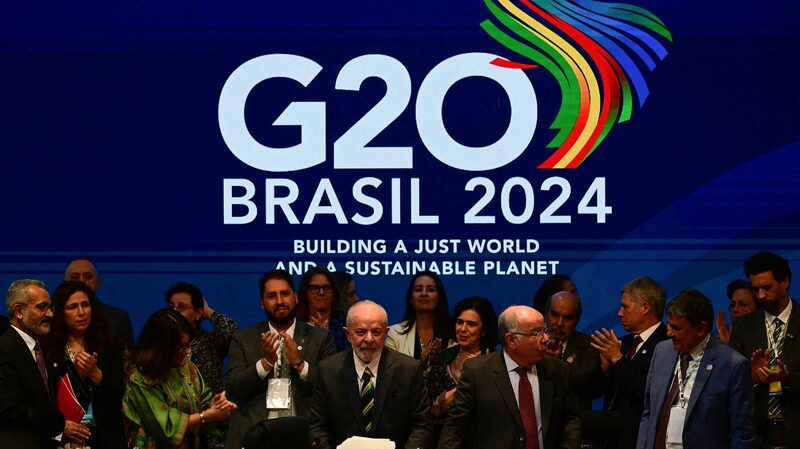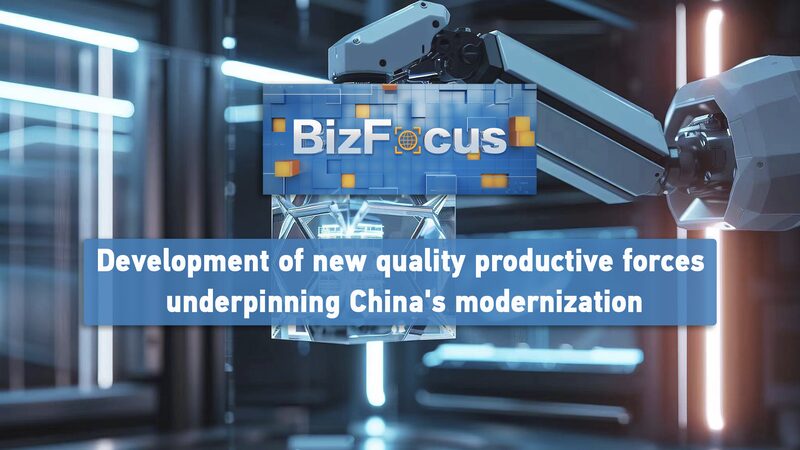China's groundbreaking concept of "new quality productive forces," introduced in September 2023, is reshaping conversations about sustainable development worldwide. This theory outlines a transformative approach to economic growth that prioritizes technological innovation and environmental stewardship while addressing modern challenges.
Redefining Economic Progress
At its core, the theory identifies three pillars: digital empowerment of traditional industries, green energy development, and agricultural modernization through smart technologies. Professor Qiu Haiping of Renmin University explains: "This isn't about incremental improvement – it's about creating entirely new economic ecosystems that bypass outdated development models."
Global Implications Emerge
Emerging markets in Africa and Southeast Asia are particularly positioned to benefit. The approach offers developing economies a path to:
- Avoid environmental degradation associated with early industrialization
- Leverage digital tools for rapid sector modernization
- Develop competitive advantages in renewable energy markets
Vietnam's recent adoption of AI-driven agricultural systems and Kenya's solar energy partnerships with Chinese firms demonstrate early applications of these principles.
Balancing Growth and Sustainability
The theory's emphasis on "leapfrog development" challenges conventional economic wisdom. By integrating big data and IoT technologies from the outset, countries can potentially accelerate growth while maintaining ecological balance – a critical consideration as climate commitments tighten globally.
Reference(s):
The theory and profound significance of new quality productive forces
cgtn.com








